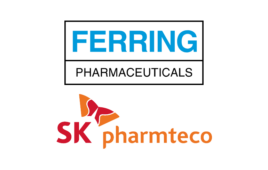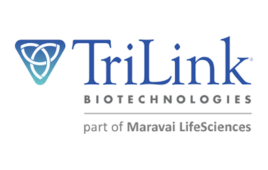Spanish CDMO IDIFARMA finds home in niche generics and innovative drugs market—excelling in small batch sizes and packaging customization.
Founded in 2001, the Spanish contract development and manufacturing organization (CDMO) IDIFARMA was formed to serve the niche generics and innovative drugs market. Targeting the pharmaceutical and biotechnology markets, the company has worked with more than 500 active pharmaceutical ingredients (APIs) and in more than 100 complete drug development projects since its founding.
The company’s founders, three entrepreneurs, “anticipated the growth of outsourcing in the pharmaceutical industry as a means to optimize resources, investment, and client process costs,” said Manuel Leal Sánchez, Business Development Director at IDIFARMA. “Our growth as a company comes as a direct result of a clear business model that fits the needs of the market.”
Current Good Manufacturing Practices (cGMP) and Good Laboratory Practices (GLP) certified, IDIFARMA specializes in the:
- Design and formulation of drug manufacturing processes
- Development and validation of analytical methods
- Manufacturing and supply of clinical development drug products
IDIFARMA works with a variety of clients in different countries, from big pharma companies to small startups.
“We are focused on providing services on a pure contract basis to more than 100 clients in equal terms and through investing in technologies and capabilities to better serve our market, such as our specialization in highly potent drugs,” said Sánchez.
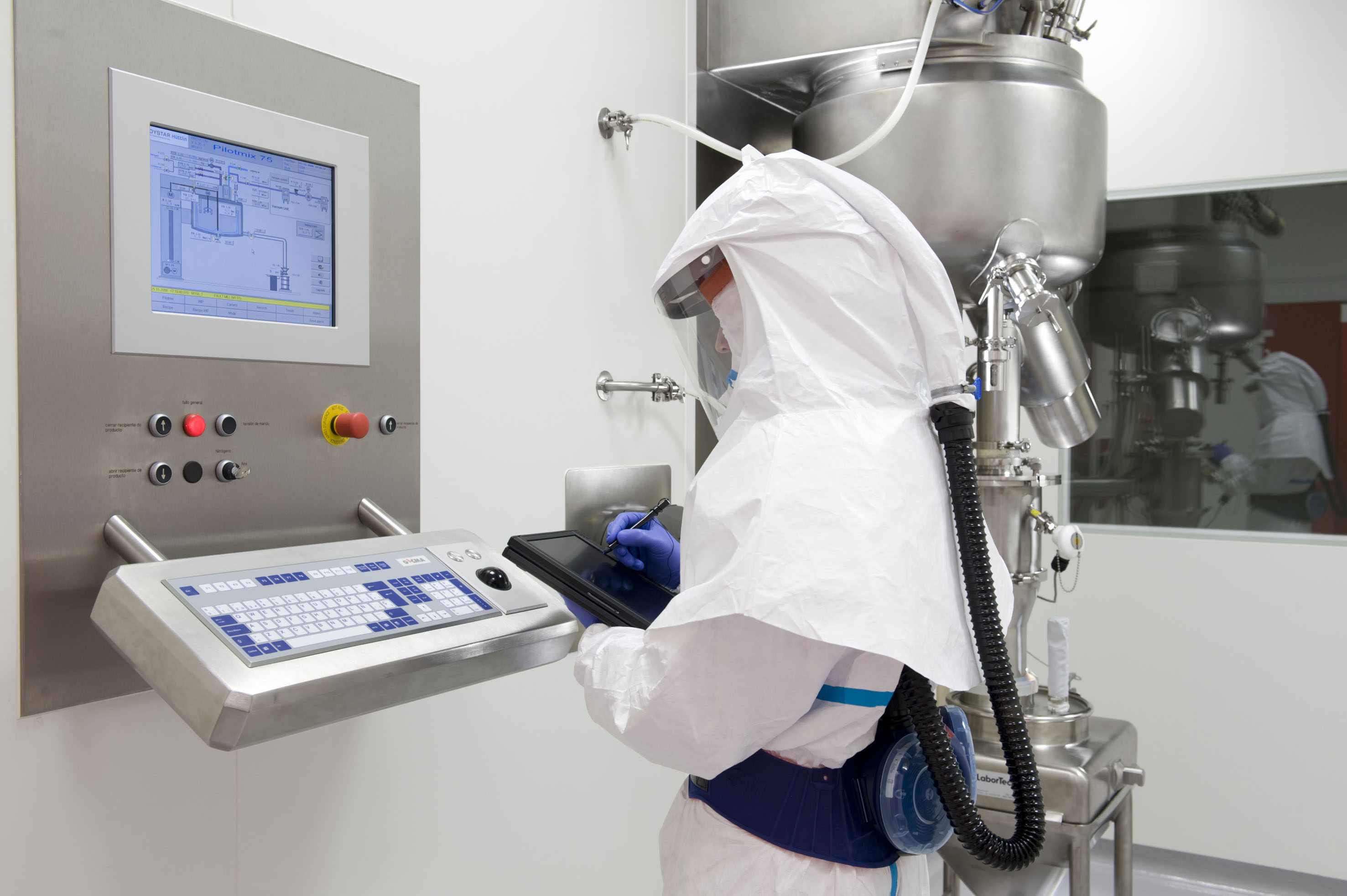
Above image: Capacity for wet granulation with organic solvents. (Top image: Coating equipment for tablets and microtablets.)
Development and Manufacturing Capabilities
“We develop a wide variety of products, mostly oral solids and liquids as well as injectable drugs,” said Sánchez. “From a manufacturing standpoint, our focus is on niche oral solid drugs, mostly with highly-potent APIs. We can manufacture IR/MR tablets (coated or not) and hard capsules.”
The company invested in capsule filling capabilities through its purchase of new automated equipment and the enlargement of its GMP plant with new rooms and capacity to handle high-potency drugs.
“We have wet granulation capabilities with organic or water solvents and flexible primary, secondary packaging, and post-printing equipment to ensure maximum flexibility for our clients,” Sánchez explained. He adds that the company isn’t competing with big contract manufacturing organizations (CMOs), preferring to “focus on products demanding small batch sizes and a high degree of packaging customization.”
IDIFARMA offers customization opportunities for the various provided services, from development to contract manufacturing.
“For example, our ability to develop and manufacture drugs with highly potent compounds up to category 4 OEL/OEB. We can also handle controlled substances and we can work in low-humidity conditions,” said Sánchez.
Facility Design
There are countless elements that go into facility design in order to ensure smooth operations while meeting customer needs.
“The design of our manufacturing plant allows for maximum flexibility,” said Sánchez. “The process consists of wet granulation, sieving and blending with the remaining excipients, followed by capsule filling or tableting (with coating if required). We then continue with the primary packaging, normally in blisters, and secondary packaging.”
IDIFARMA has a maximum batch size of 60 Kg.
“When we designed our manufacturing plant, we analyzed the need for specific product groups—investigational medicinal products and value-added commercial products requiring small batches,” said Sánchez. “Investigational drugs often require special manufacturing capabilities and technologies to handle small batches due to API costs and availability constraints.
“There are some human use drugs which, due to the market demand in specific geographies, require small batches. This might be a challenge for bigger-scale CMOs that are focused on providing economies of scale based on bigger commercial batches.”
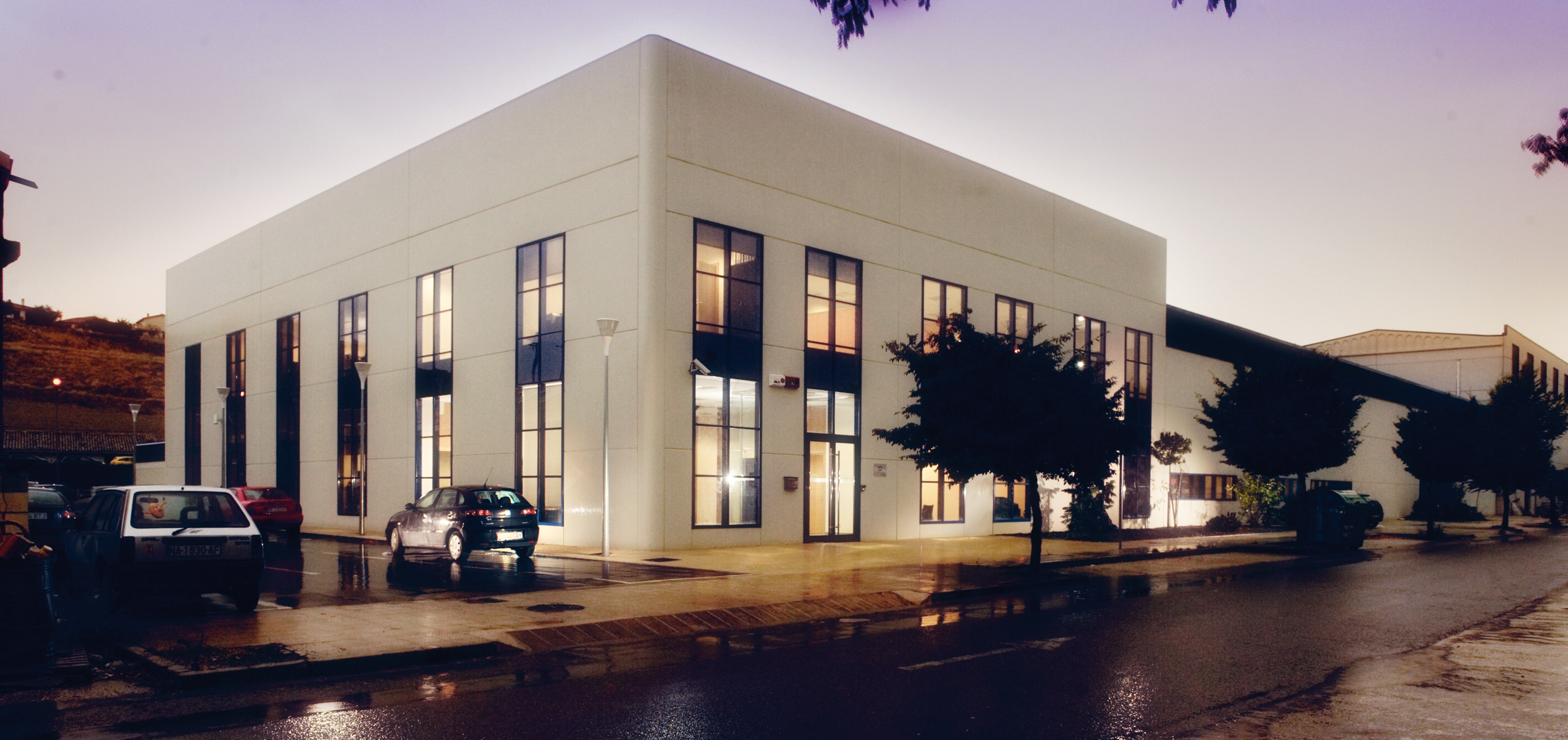
IDIFARMA’s Noain, Spain facility.
Clinical & Commercial Operations
IDIFARMA has both clinical and commercial operations, each of which has its own distinct trends.
According to Sánchez: “In clinical projects there is an increasing pressure on timelines and flexibility. Some of our clients require us to guide them through the process from a technical and regulatory standpoint. We are also providing specialized clinical packaging services, so we can be an ideal fully integrated partner for formulation and analytical development, clinical manufacturing and packaging, and even regulatory affairs support.”
Commercial projects, on the other hand, often require the need for a “tailored service,” Sánchez explained, adding that there is a “growing demand for niche and highly potent drugs, which fits perfectly with our capabilities as a manufacturer.”
Regardless of the program, it is “fundamental to set the right expectations at the start of a project,” said Sánchez, which help to set realistic timeframe goals.
For clinical programs, IDIFARMA has an approximate turnaround time of three to four months to manufacture clinical batches—sometimes even less.
“For commercial projects, it usually takes five to eight months to transfer the manufacturing process and analytical methods and manufacture the validation batches,” Sánchez said.
Client Interface
Starting a project with a clear understanding of a client’s expectations is key to ensuring projects run smoothly, said Sánchez.
“From experience, taking the time at the start of the project is one of the key factors of success,” he added.
Employing more than 110 people, IDIFARMA lives by its mantra “client orientation” by providing experienced teams made up of project managers and scientists from different backgrounds to ensure each client receives the best support that is suited to their needs and requirements.
“We try to focus on what the project and the client need, which might not always be what we can provide,” said Sánchez. “We are always open with our clients about our capabilities and strengths, we prefer to turn down new projects if we don’t think they are the right fit for us. This approach helps us get off on the right foot, instilling trust from the start which helps build relationships which pay off over time.
“If we don’t think that we are the right partner for a project, we try to make alternative recommendations to our clients. Our long-term approach to building a solid client base has helped us to create a stable business and we are confident this will also be the case in the future.”
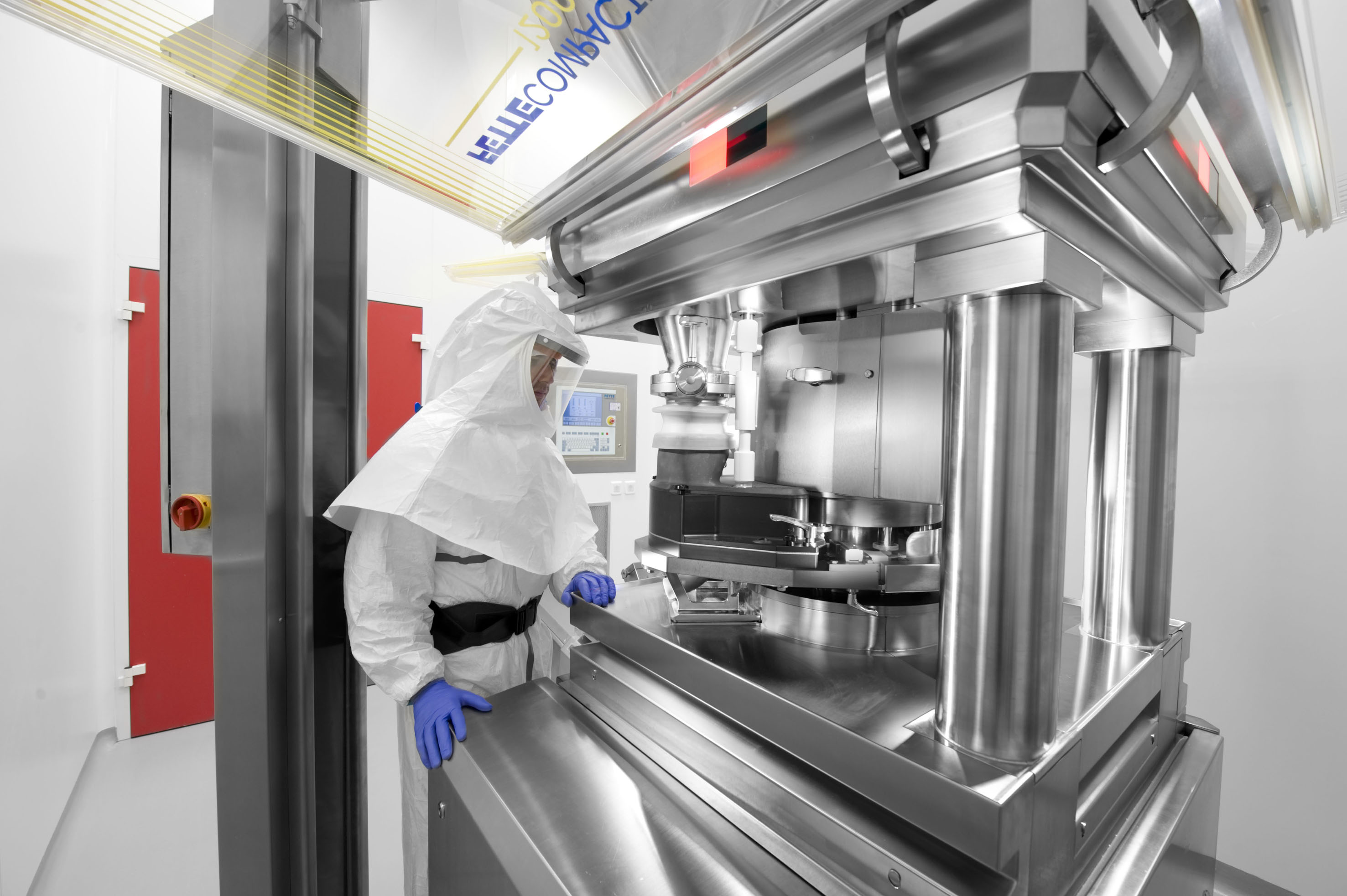
Fette tableting equipment for development and manufacturing.
Global Trends
“The Spanish CMO industry offers a sweet-spot for quality, responsiveness, and competitiveness to the European pharmaceutical industry, and has a wide capacity and dosage form offering,” said Sánchez. “Spanish CMOs are in a good place after the economic crisis that affected many Spanish pharmaceutical companies a few years ago.”
IDIFARMA’s 3,500 m2 facilities are located in Navarra, Spain, placing the company within the European pharmaceutical industry.
Many of the global CMO/CDMO trends, such as consolidation, also impact the market in Spain
“The consolidation in the CMO market is constant, but it generates opportunities for smaller CMOs and CDMOs to provide flexibility and tailored services to clients where big corporations can’t,” said Sánchez. “High potency capability is another key and visible trend, which will keep growing in the years to come.”
Amidst this growing market, IDIFARMA plans to continue to grow and adapt.
“There is always room for improvement,” said Sánchez. “In our case, we are planning to invest in new development and manufacturing technologies in the coming years, while keeping our focus as a niche and flexible manufacturing company. We have recently invested in capsule filling capabilities and we may also invest in other dosage forms in the future.”
This cover story can also be found in the July/August 2017 issue of Pharmaceutical Processing.
Follow us on Twitter and Facebook for updates on the latest pharmaceutical and biopharmaceutical manufacturing news!


